4 Questions To Build a Better World
One of the many by-products of faith deconstruction is the fracturing of your former community. A sort of natural, mutual alienation exists when you graduate beyond the religious fundamentalism of your youth. When you undergo spiritual transformation and your family or community do not, they will often attack you because they perceive your new life as a judgment of them. Sometimes the most oppressive, controlling, and domineering forces in life are close friends and family. Jesus experienced something similar in his spiritual journey. After launching His public ministry, calling His first disciples, healing the sick, driving out demons, and running afoul of the religious leaders, Jesus goes home. But instead of receiving a hero’s welcome, his family thinks he’s nuts. Your family probably feels the same about you.
Making matters worse, tolerance for spiritual difference is at an all-time low. Religious division no longer revolves around ethereal theological debates; rather, for many of us, it centers on our worth and dignity as human beings.
In response to the rising political and religious polarization plaguing our world, the Episcopal Church created a conversational campaign designed to “engage our neighbors in one-to-one listening and sharing across the many differences that separate us.” Titled From Many, One, the movement seeks to build bridges across lines of difference through the spiritual practice of conversation. While I believe it is almost impossible to have worthwhile conversations about politics, sexuality, and religion with reactionary, right-wing conservatives, utilizing bridge-building questioning with trusted family members and friends can inspire empathy, pique curiosity, create common ground, build respect, and promote healing.
Before going further, let me be very clear about something important. You cannot or should not attempt to have relationships with individuals who disrespect, dehumanize, or debase your very existence. Marginalized individuals do not bear the burden of reconciliation. If your friends and family are not safe, be very cautious about engaging in bridge-building activities. It is not only appropriate, but healthy to decline to engage if conversing will only reopen old wounds. Take care of yourself. Protect yourself. Know your limits. Know their limits. Do not give pearls to swine. Participate in bilateral conversations only when both parties share mutual respect.
If these criteria have been met, and if you desire to restore relationships, or at minimum dial down the hostility, you can initiate this conversational strategy by posing these four simple questions.
What do you love?
What have you lost?
Where does it hurt?
What do you dream?
The guide expounds on these four questions as follows:
What do you love? What do you value? What will you struggle to protect?
So much of human action and thinking is driven not by hate or anger but by the urge to protect what we love. By asking and sharing our answers to “what do you love,” each of us has a chance to name and to hear what matters most to us and why. It’s harder to argue when we start from what we love.
What have you lost? What keeps you up at night? What has been lost in your community? What do you miss?
People across the spectrum understand the experience of loss: the loss of money, jobs, status, national identity, cultural identity, a sense of security, a sense that they matter, etc. By asking and sharing our answers to “what have you lost,” we become curious about what each of us has lost, what we’re grieving, and perhaps what we’re trying hard to get back.
Where does it hurt? How have you been wounded by life? What makes you angry? How or where do you feel that pain and anger?
Regardless of our race, gender, age, ballot choice, earnings, or location, we all know what it is to hurt. By asking and sharing our answers to “where does it hurt,” we become curious about how each of us has been wounded by life, by others, and by social forces, instead of assuming “others” are fine and only I or my group is hurting. We offer up our experiences and learn to offer one another compassion.
What do you dream? What do you hope for the future – for yourself, your family, your community, and your nation?
We all dream of a better world, as we imagine it from our personal perspective, but we don’t get to hear or share that vision very often. Instead, people often assume that their ideal picture of life, community, and society is shared by everyone or that certain others can’t possibly want the same kind of future they do. By asking “what do you dream,” we become open to hear and share each other’s dreams for our families, communities, society, and ourselves.
As an Episcopalian, my baptismal covenant asks, “Will you seek and serve Christ in all persons, loving your neighbor as yourself?” Most of the time, I can only answer in the affirmative when I pause and remember that like me, every human being is a son or daughter of God. Seeing and revealing the hidden Christ in every human person starts by recognizing that the “Divine Incarnation that began in creation and was personified in Jesus, now continues in every human person,” writes Father Richard Rohr in his book A Spring Within Us.
If you seek to restore relationships with those you’ve lost, start with these four questions: What do you love? What have you lost? Where does it hurt? What do you dream? Every person in your life loves something, has lost something, hurts somewhere, and has dreams of a better world. Finding those shared longings just might be the first step toward reconciliation, transformation, and healing.
May it be so.
Gary Alan Taylor

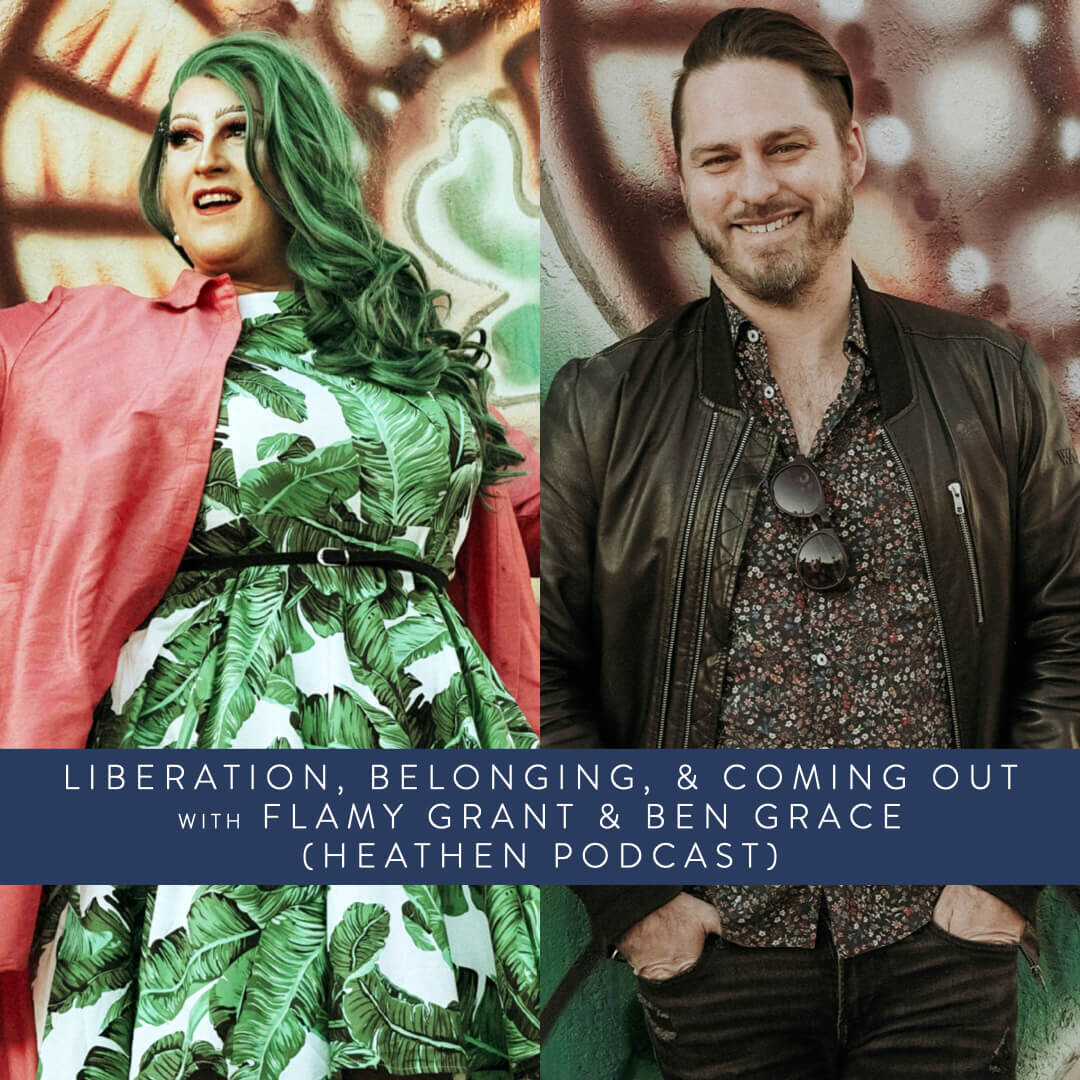
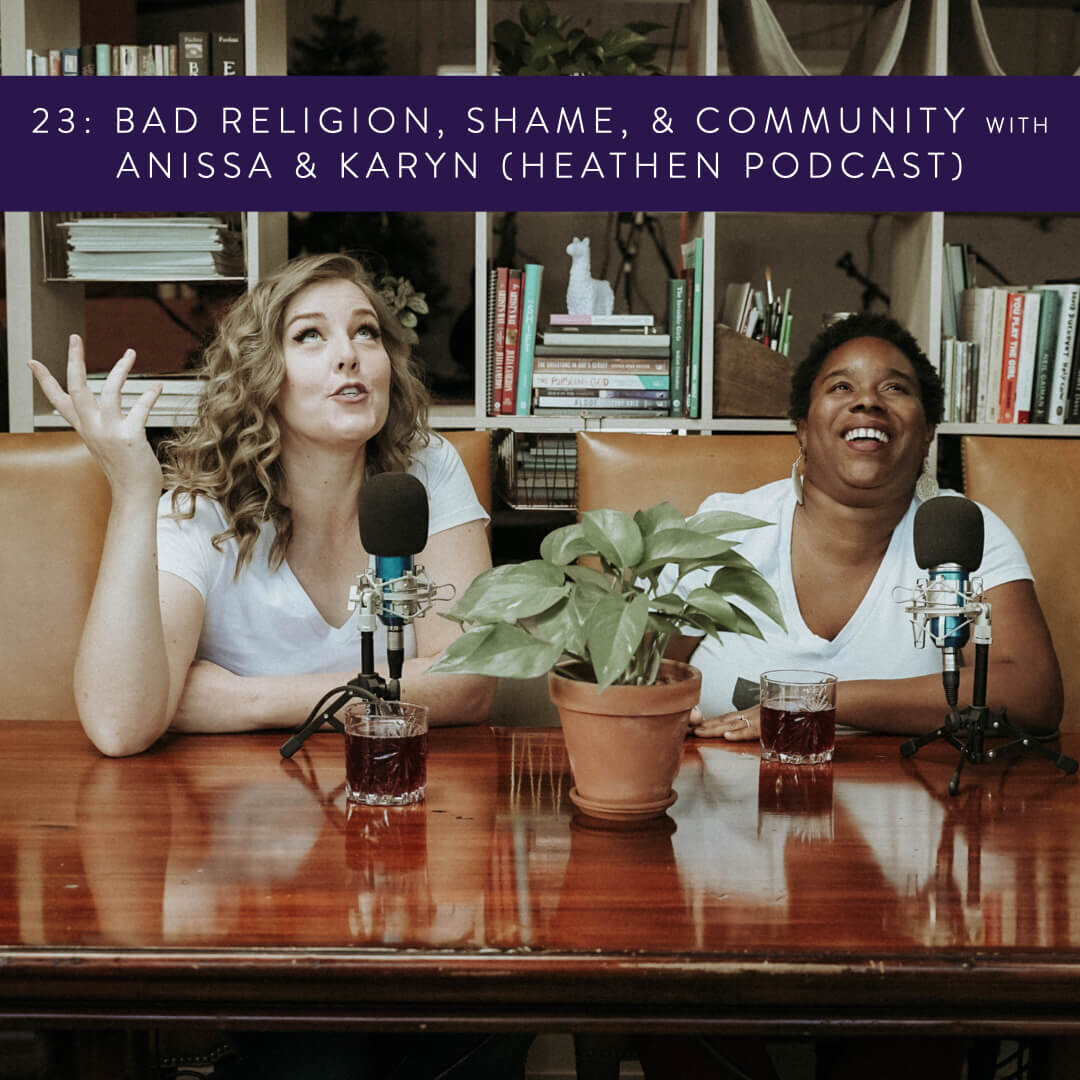
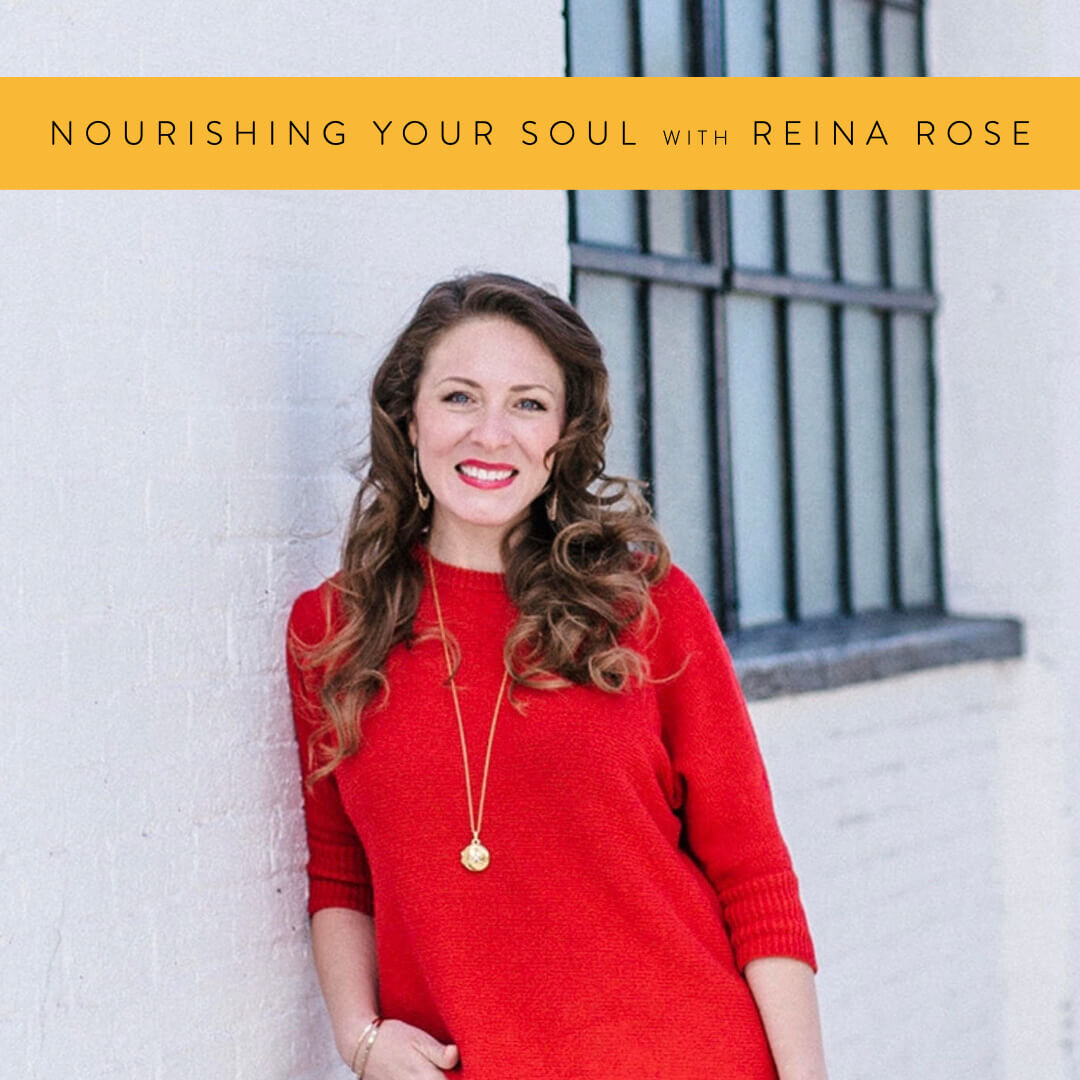
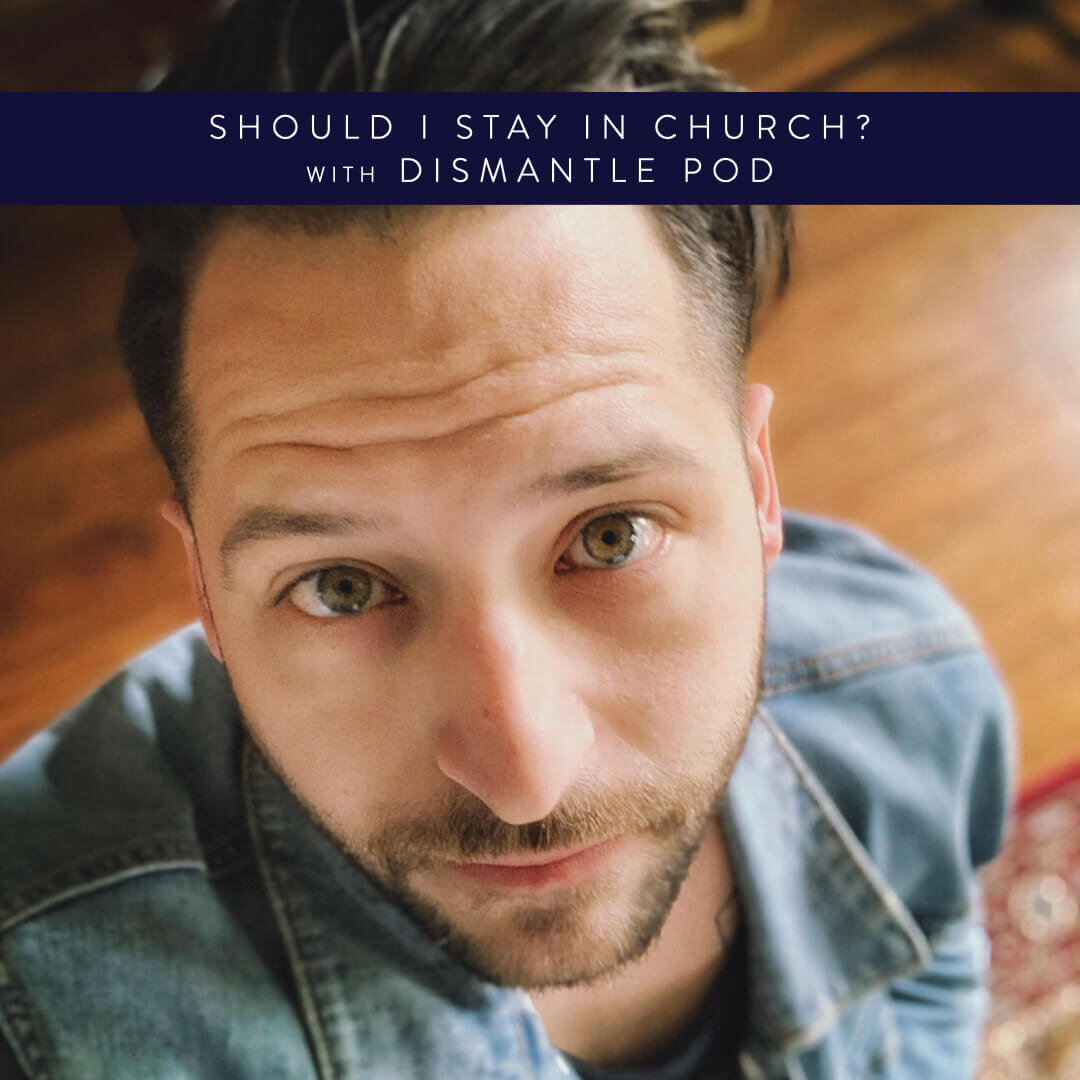
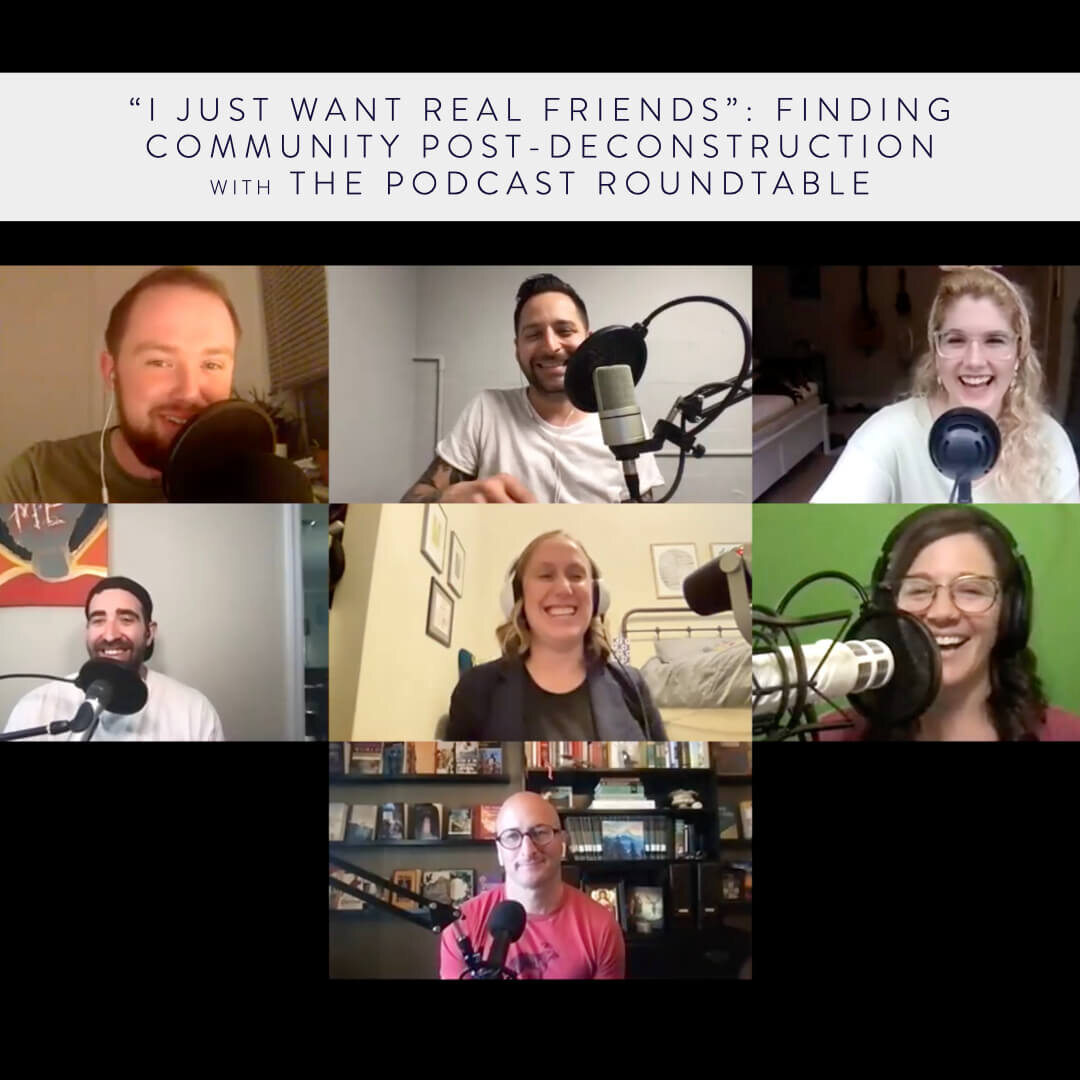
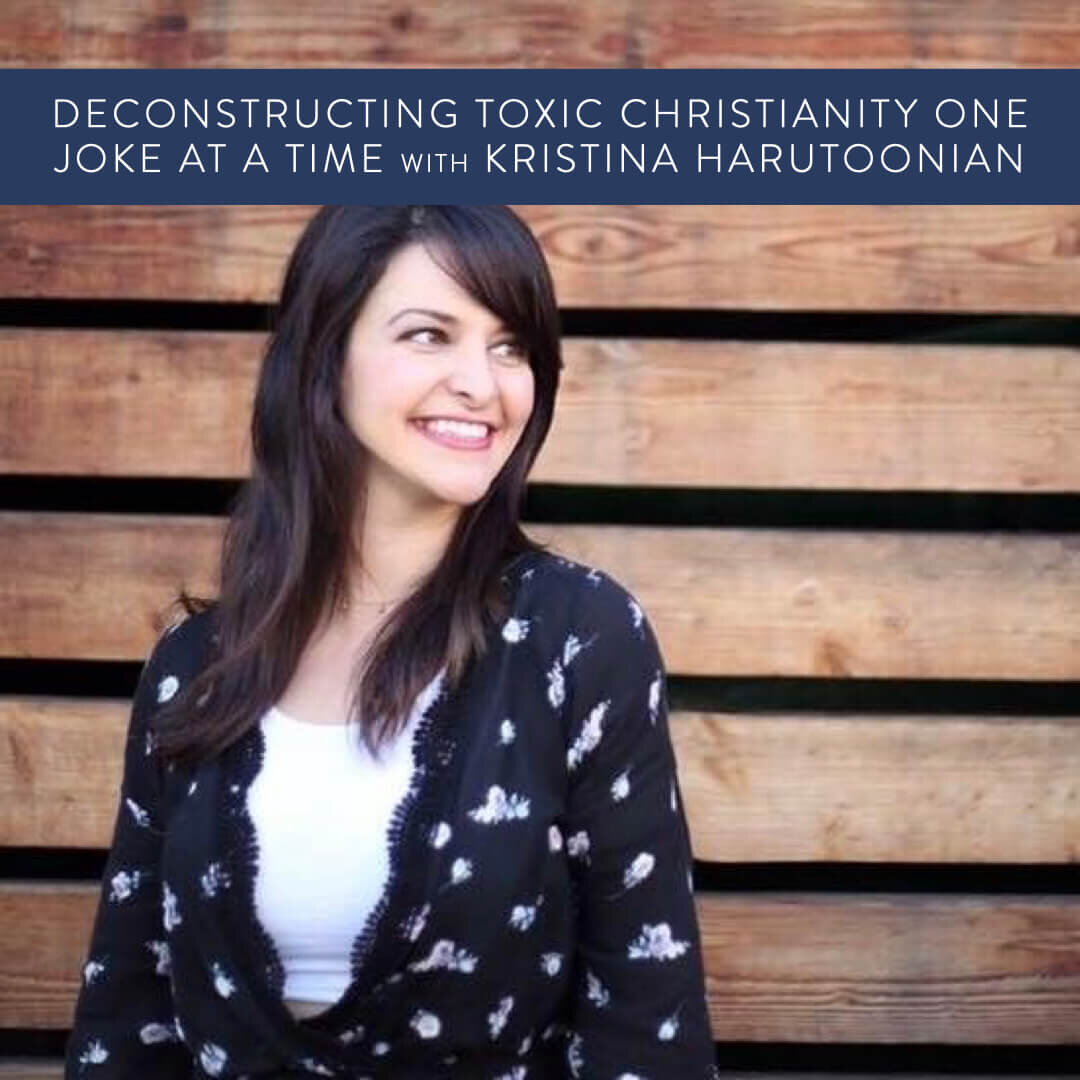
There is a great expansiveness and freedom when you mature beyond the rigid, certainty addicted religious fundamentalism of your past. Evangelicals do not have a monopoly on God.